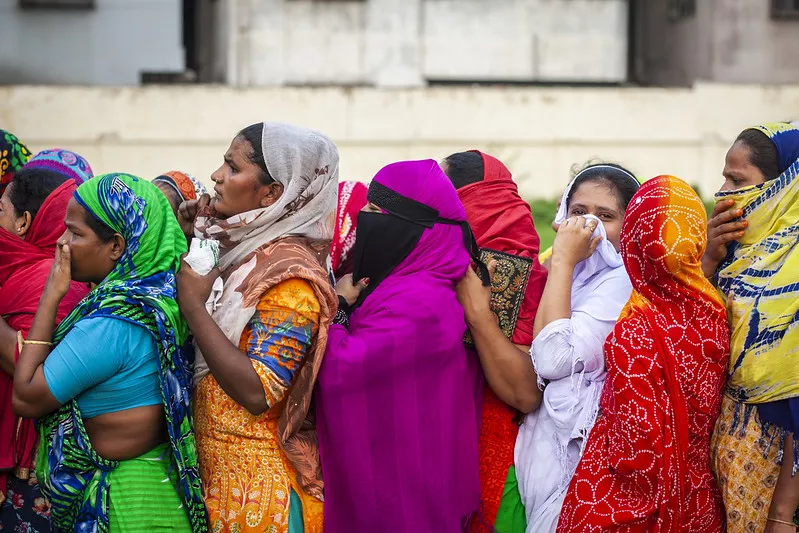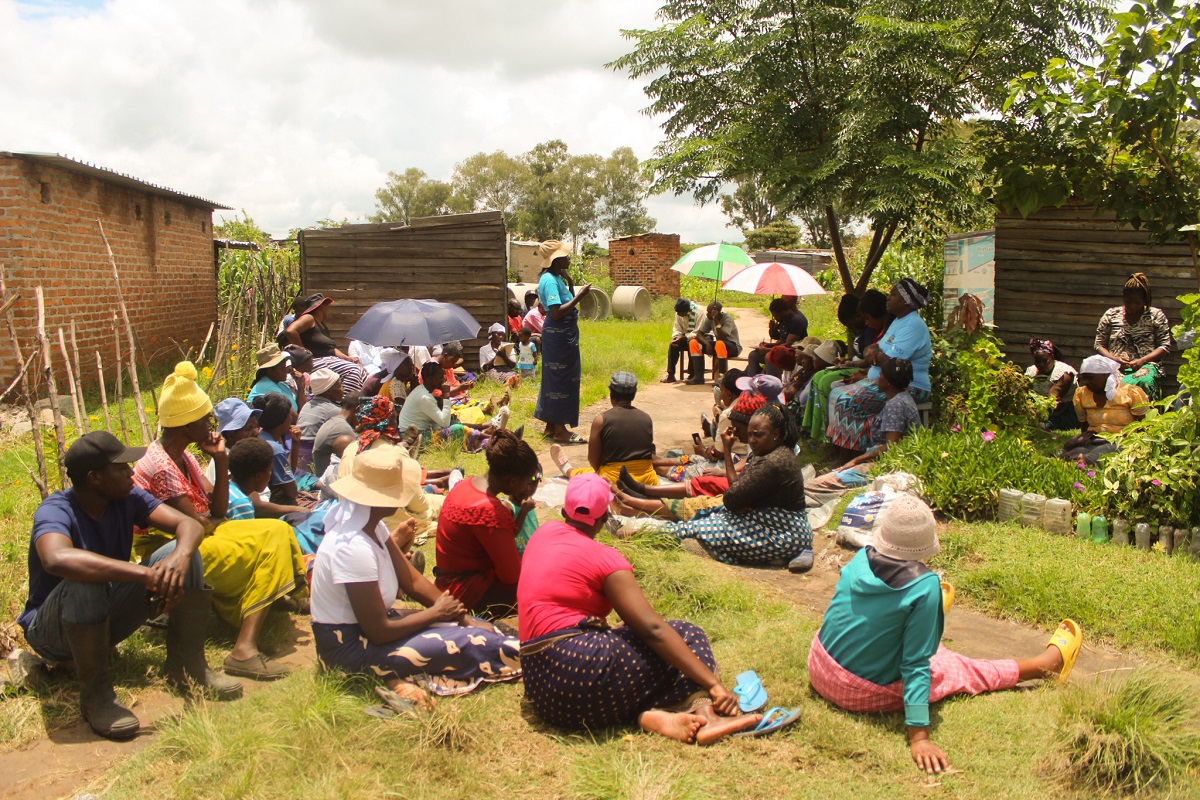Microfinance, a ground-breaking idea for providing access to finance to the poor, was first introduced and developed in Bangladesh in the 1970s. Since then, it has spread all over the world and evolved into a range of financial services targeting the poor. BRAC Institute of Governance and Development (BIGD) are exploring the impact of the pandemic on micro-finance provision and use in Bangladesh.
According to Bangladesh Bank, about 30 million people in Bangladesh benefit from microfinance. Although the impact of microfinance has been far from transformational (i.e. it does not necessarily lead to income-generating activities and make a dent in poverty) it can provide an important source of income vital for the poor as they often depend on unpredictable or seasonal income flows and have few alternatives when income is limited. Additionally, more recent analysis, points to a more nuanced understanding with significant heterogeneity in impacts, for example; for talented entrepreneurs, access to credit can indeed facilitate escape from poverty traps.
The impact of covid-19 on the use of micro-finance in Bangladesh
Microfinance clients typically make weekly repayments, and their repayment rates are generally very high. When Covid-19 hit Bangladesh, the social distancing measures limited movements and drastically reduced the income of many poor people.
As anticipated, many incurred more debt to meet their daily needs. In our panel survey in partnership with the Power and Participation Research Centre (PPRC), we learned that the outstanding loan in March 2021 for urban slum and rural households in Bangladesh increased by 86% and 76% respectively, on average, from pre-Covid levels. A decrease in income and a simultaneous increase in debt doubled the debt-to-annual income ratio of the surveyed households, which kept increasing in the subsequent rounds of the survey. Thus, many poor clients who lost income also fell back on their weekly repayment. The percentage of delayed payment among BRAC’s microfinance clients’ hovers between 20% and 25% in normal times. In 2020, the rate was 89%, and in 2021, it was 77% (BIGD’s analysis of BRAC’s MIS data).
We feared that the increasing debt burden, combined with delayed or postponed repayment, would erode the financial capability of the poor. Our recent survey findings suggest that this may indeed be the case, at least temporarily. The latest round of BIGD-PPRC survey was conducted in May this year—in the midst of the ongoing inflationary pressure, which is dampening the economic recovery from Covid-19. We found that not only have real incomes gone down but so did the consumption of food like fish, meat, milk, and vegetables from what they were at the beginning of 2022. However, only 15% of the respondents said that they took loans for meeting their households’ food needs, which is a consistent decline since the Covid-19 hit.
The shadow of existing debt: disruption in access to micro-finance
On the surface, decreasing dependence on loans to meet food needs may seem to be a good sign. But to test whether the decrease was due to an increase or erosion of their financial capability, we asked them whether they needed to take a loan. About a third of all respondents mentioned that they needed to take more loans but wouldn’t take them. When asked why they would not, 33% said that they already have too much outstanding debt, 50% said that they are already falling back on existing repayments, and the rest said that they were worried about not being able to make repayments on any new loan. An additional 8% of the respondents said that they applied for loans to meet their food consumption needs, but their application was rejected.
Our data clearly indicates that many economically vulnerable people are at risk of losing access to finance, which may be critical for their economic stability and growth. Thus, with funding from Covid Collective, BIGD is going to conduct a study to assess the impact of Covid-19 on the poor microfinance borrowers in Bangladesh—how it disrupted their access to microfinance, and what kind of welfare impact such financial exclusion had on their lives—and investigate how to reintegrate them in the credit market.
We hope that our study findings will help BRAC and other microfinance institutions make informed decisions about how to reinstate the much-needed access to finance for the poor.
Photo credit: COVID-19 emergency response activities, Shahjahanpur, Dhaka. By UN Women/Fahad Abdullah Kaizer (CC BY-NC-ND 2.0)

